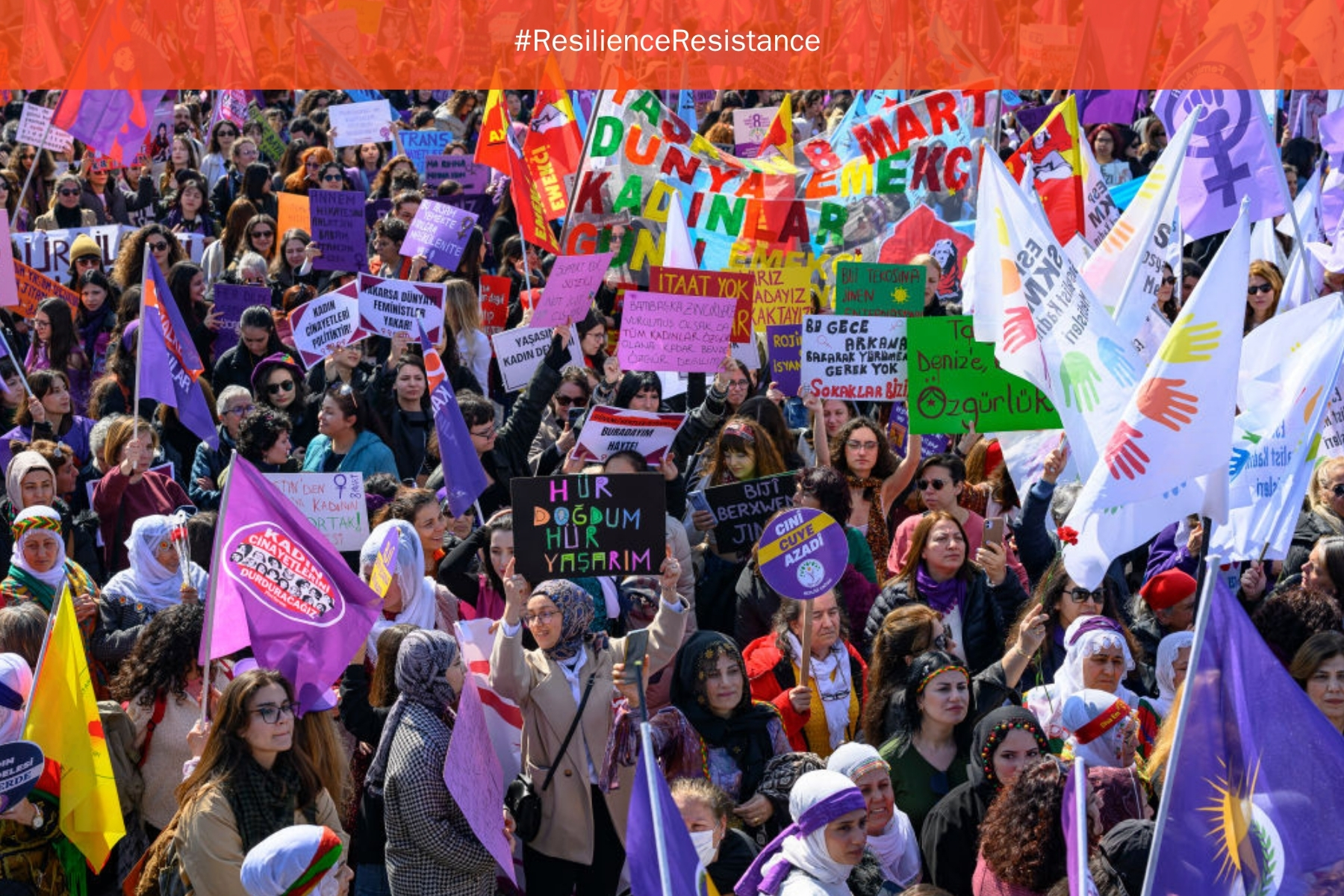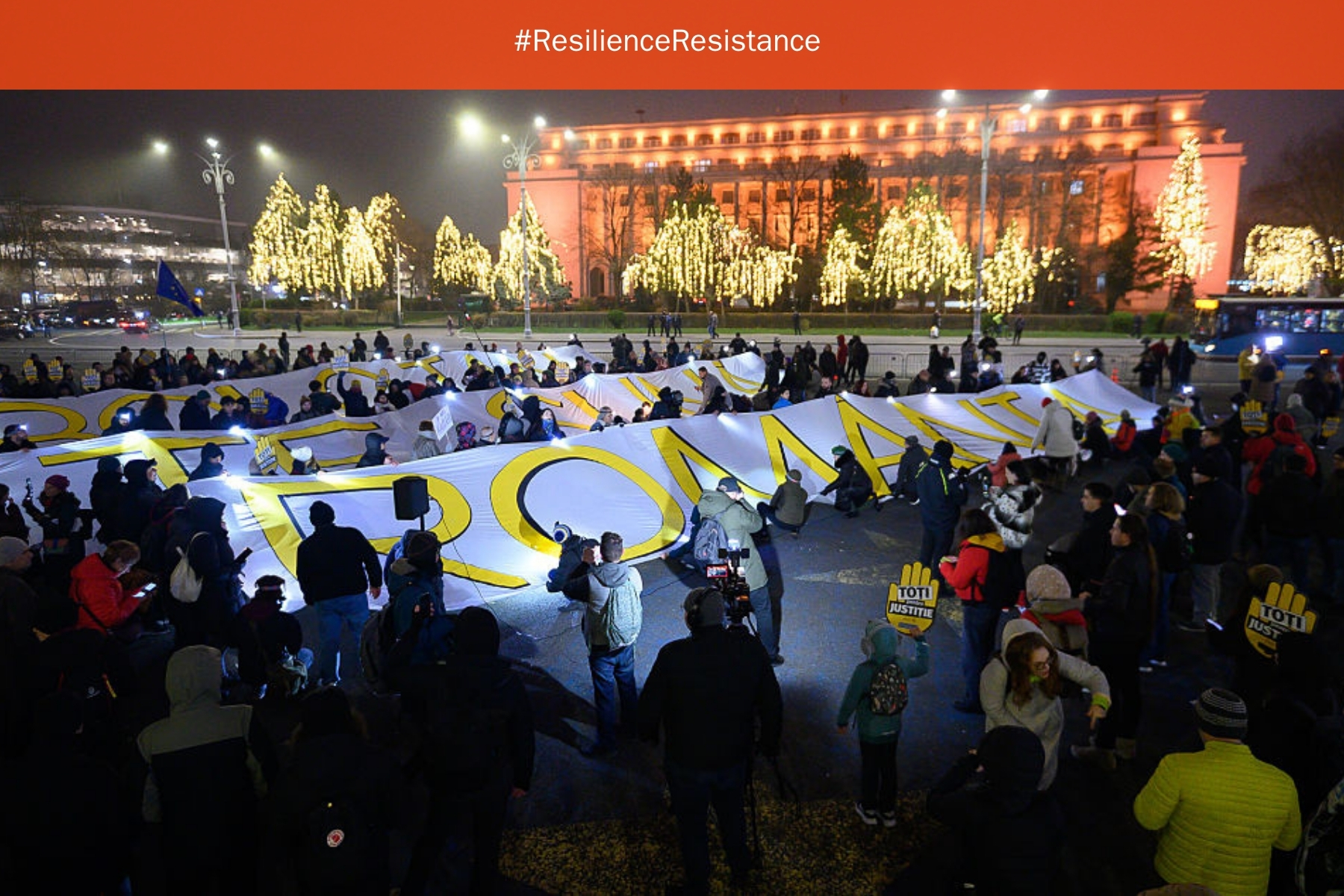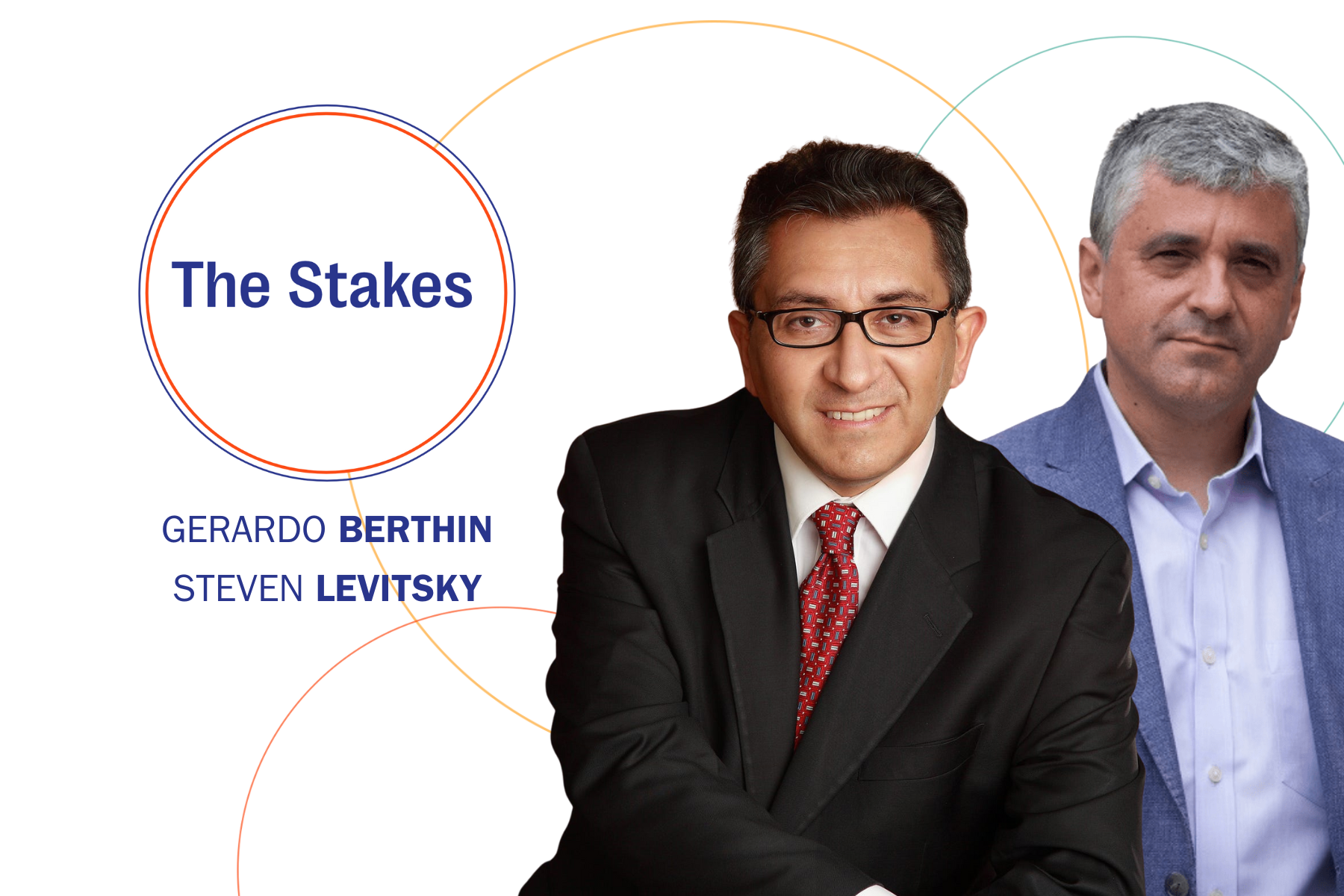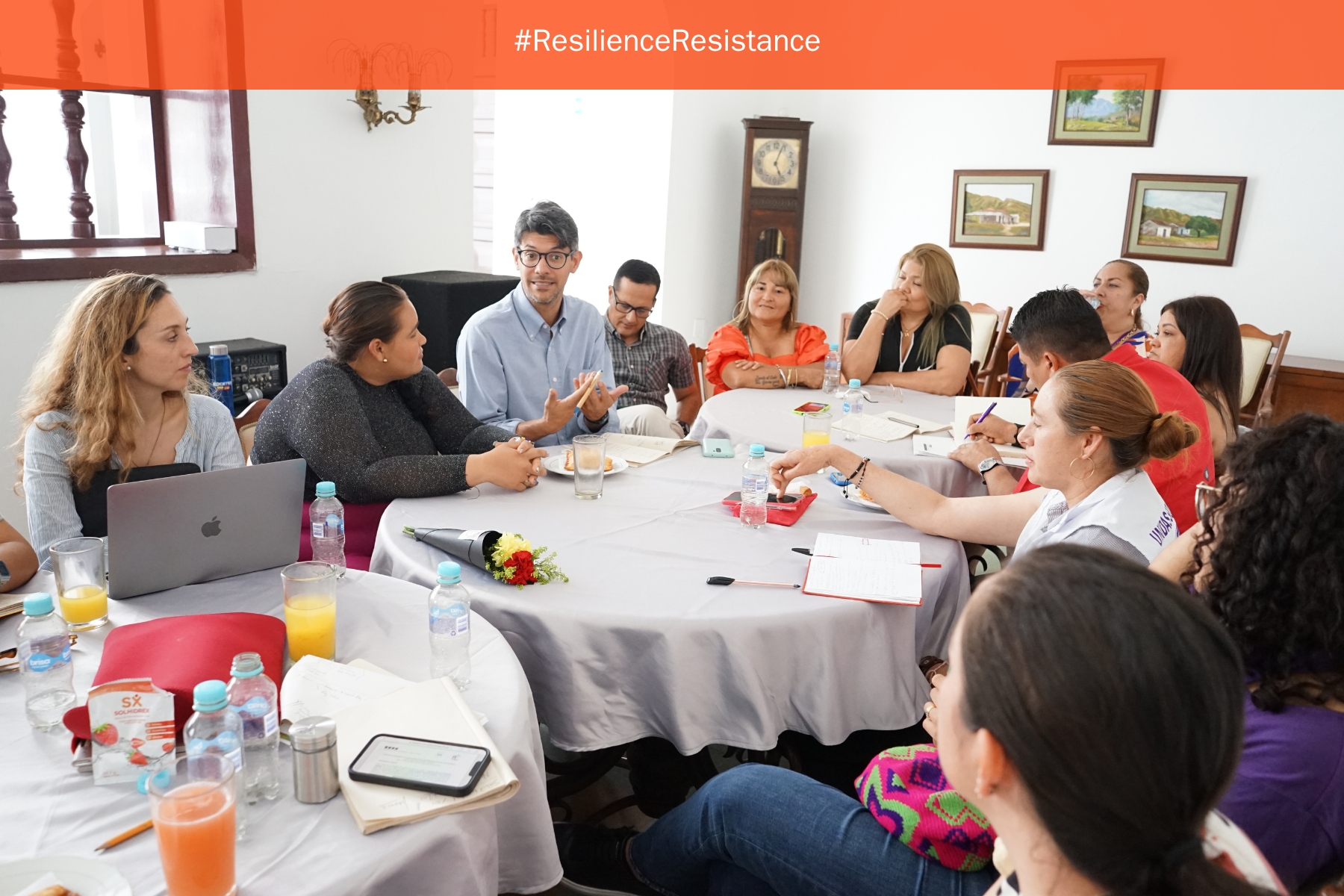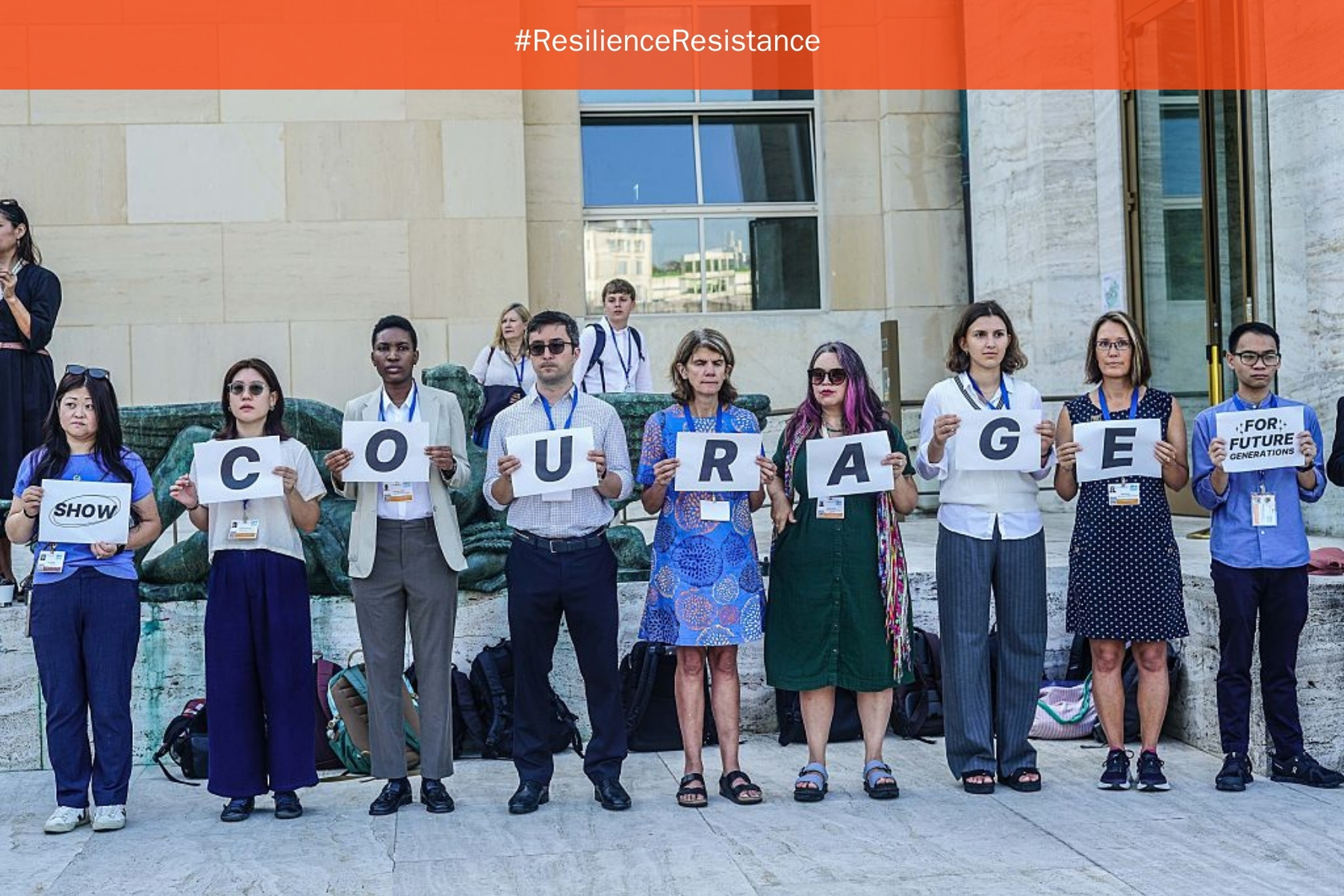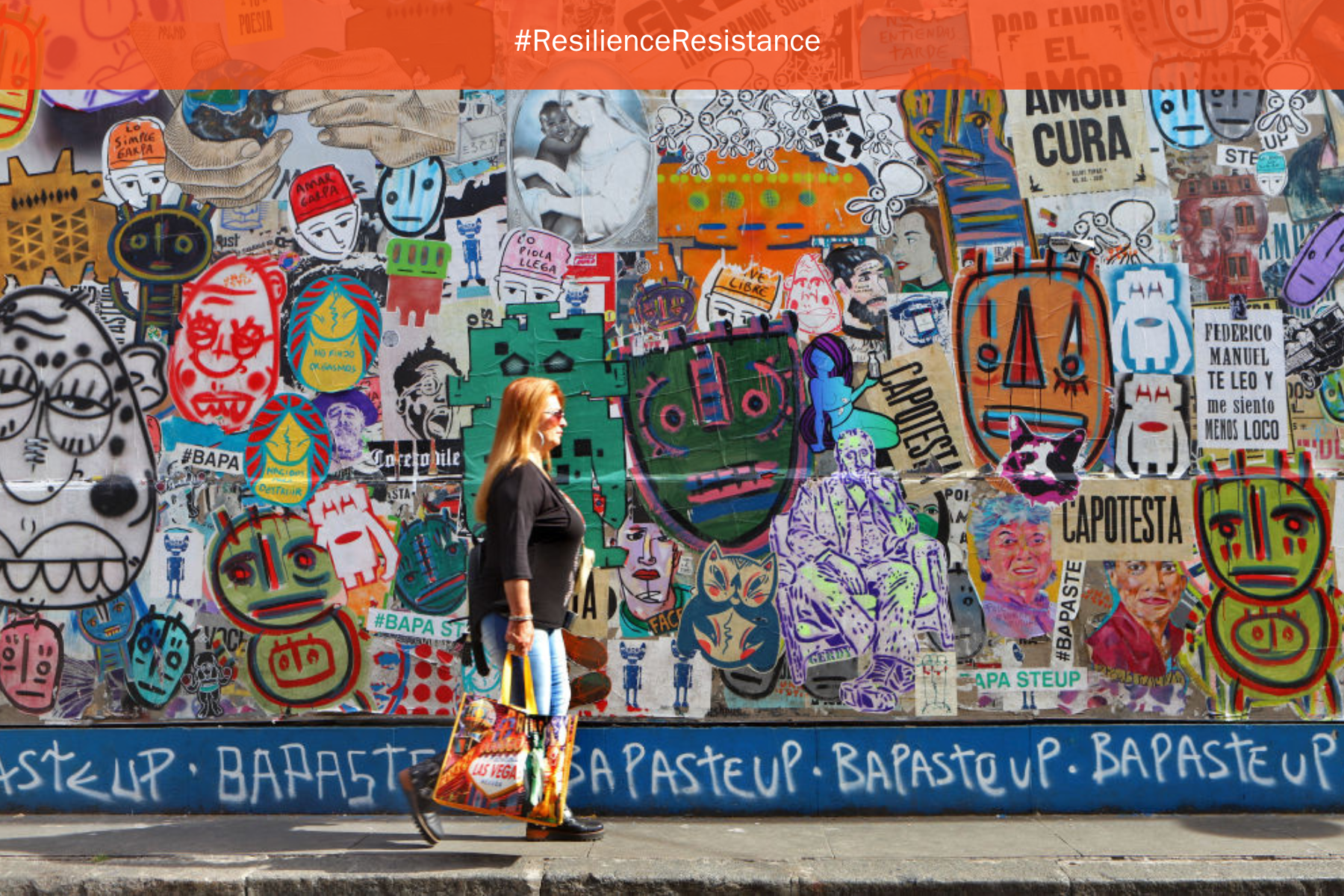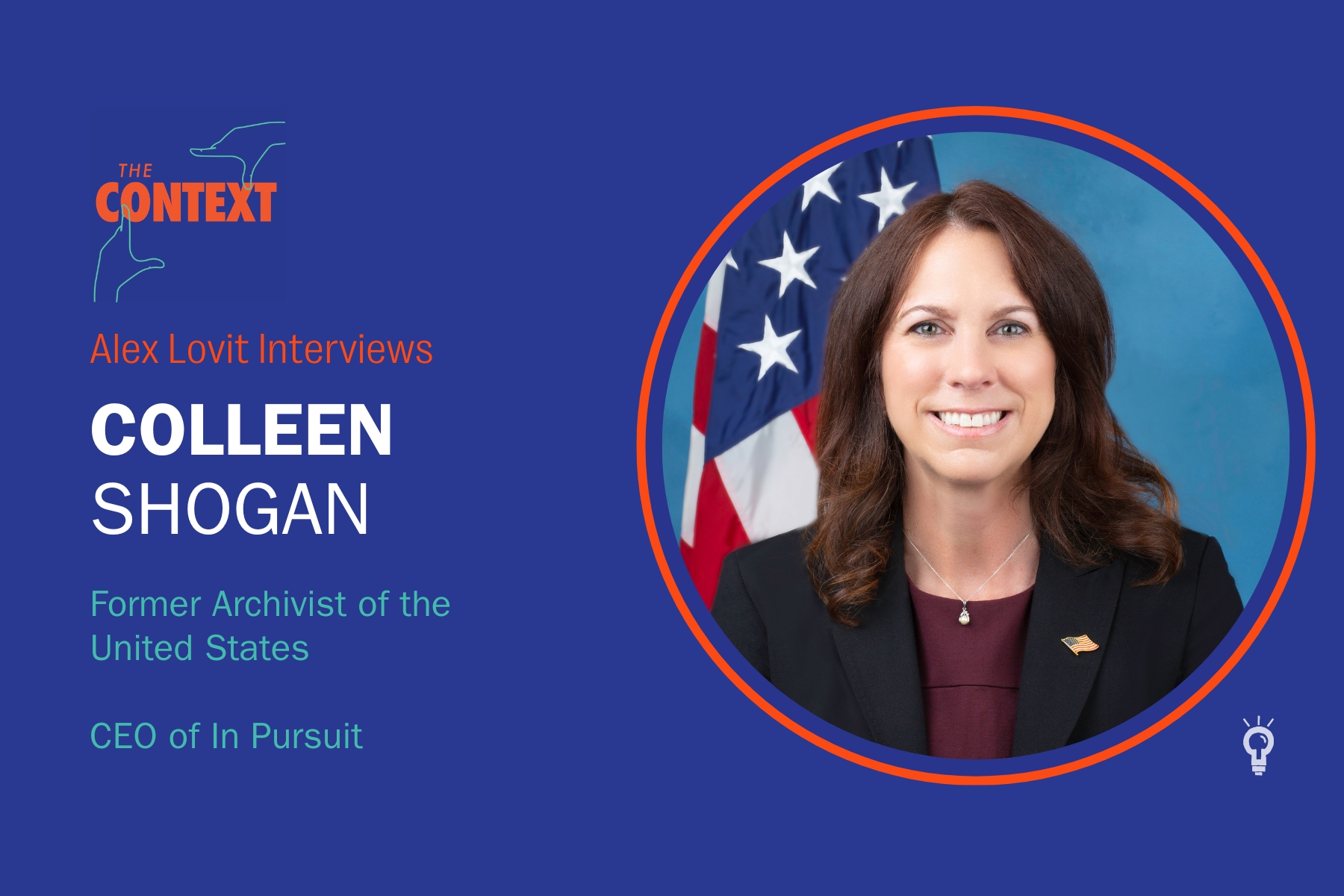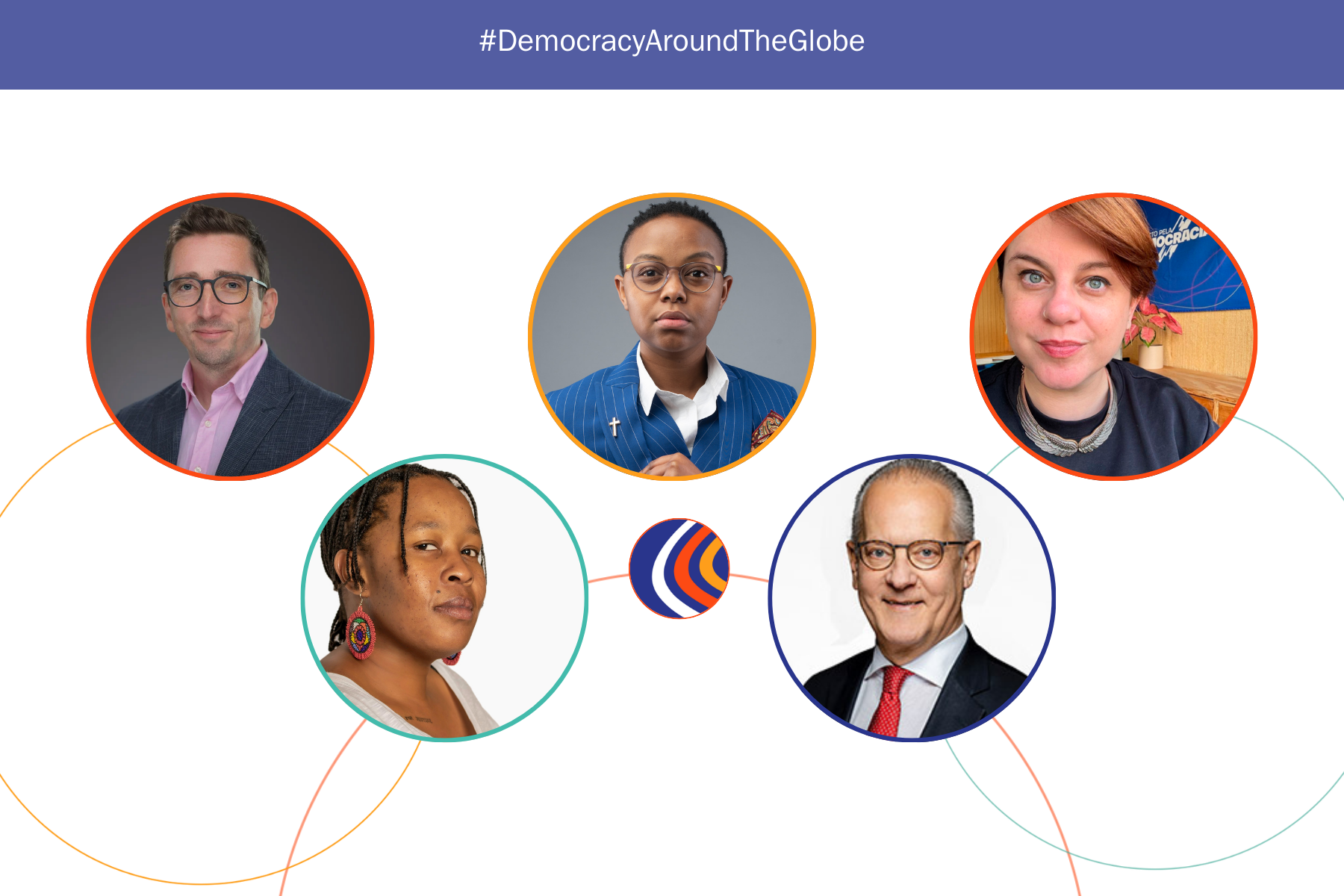The Struggle for a New World Is Here. How Will We Respond?
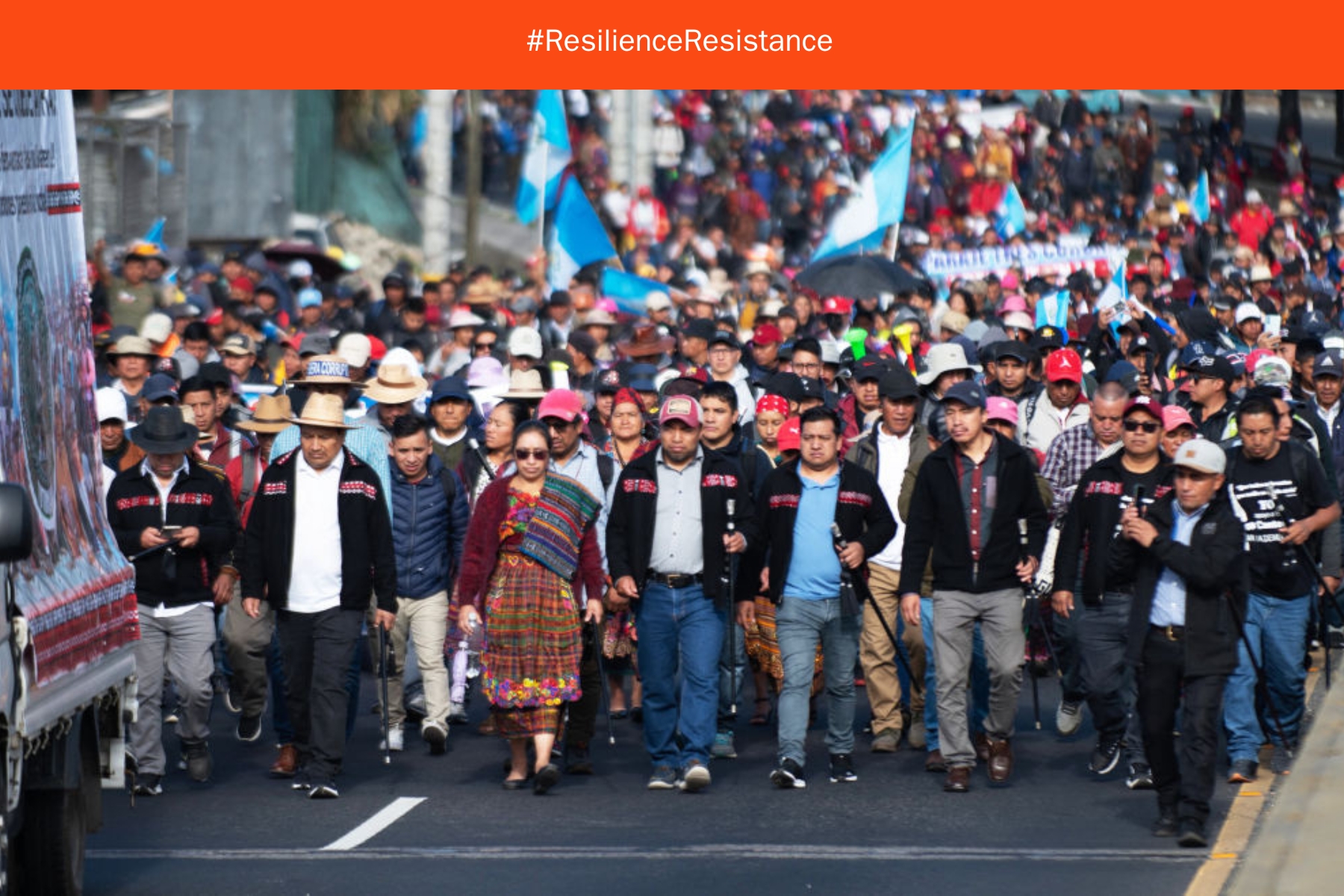
Many elites, corporations, and hate-fueled provocateurs would benefit from us believing that we have no power. But the opposite is true. We are powerful; I should know.
As a child in 1994, I witnessed the birth of a democratic era, albeit very imperfect, in South Africa. This era emerged despite the escalating violence and repression of the preceding years and the political violence that took place during the time of negotiations and transition. In the repressive former homeland that was my childhood home, which was one of ten homelands established to remove the Black population from so-called White South Africa, there was an attempt by the government to prevent people from participating in the 1994 election. This resulted in an uprising that right-wing Afrikaner paramilitary forces tried to suppress.
Varied methods of resistance were used by people and across sectors within South Africa to oppose the apartheid regime. This resistance was supported by mounting international pressure, which included internationalists who secretly worked for the African National Congress’s armed wing, Umkhonto We Sizwe, and the international anti-apartheid movement, which led campaigns like the 35-year consumer boycott of South African products.
The mobilization of people power is not unique to South Africa. The world is full of examples of transformative change that were fueled by people power, both locally and, like the case of South Africa, beyond narrow national borders.
These struggles remind us that a different world is possible. Together, we can imagine and build it. Today, across the globe, struggles are being waged to make this world possible.
South Korea
In 2022, Yoon Suk Yeol, a former prosecutor, took office as the president of South Korea. This came after years of democratic decline, a trend that continued under his leadership. Yoon not only attacked the press but also reportedly vetoed a bill that would let the country’s National Assembly order a special investigation into stock manipulation allegations against the then First Lady Kim Keon Hee.
In December 2024, President Yoon declared martial law. To protect their democracy, lawmakers from across political lines stood together against this move, while the people mobilized with protests primarily driven by women. Just three days later, Yoon apologized and was later impeached by parliament. He was officially removed from office in April 2025 after the country’s constitutional court found his actions to be unconstitutional.
This was not the first time that the people of South Korea had successfully toppled an illiberal president. The Candlelight Revolution, between October 2016 and March 2017, brought out millions of protesters and resulted in the impeachment of President Park Geun-hye following her influence-peddling scandal. Scholars describe it as not only “the culmination of Korea’s decades-long democratic movement but also as a successful struggle of precarious people against the growing neoliberal threats to their livelihoods.”
Of course, as in other democratic countries, the institutional and political crises of South Korea extend beyond a single president. Already, far-right support for Yoon has emerged, and he has found allies in conservative young men. But the previously mentioned actions by South Korean citizens and lawmakers reflect a democratic impulse that still burns strong.
Guatemala
On the other side of the world, in Guatemala, democracy has been undermined by collusion between political and corporate elites, high-ranking bureaucrats, and criminal organizations forming what has become known as Pacto de Corruptos (Pact of the Corrupt). This alliance has had a detrimental impact on both the country’s political and economic development.
In Guatemala’s 2023 election, congressman and sociologist Bernardo Arévalo, known for his outspoken anti-corruption position, was elected as president and set to take office in January 2024. There were multiple legal actions to keep him out of office, which the president-elect described as a slow-motion coup.
Despite the threat of autocratic consolidation signaled by these events, they led to democratic resurgence. Spearheaded by Indigenous leaders, Guatemalans took to the streets in protest. Road blocks were established across the country, a protest camp was set up outside the public prosecutors’ office, and thousands flooded the streets of the capital, Guatemala City, bringing the country to a standstill. Throughout the protests, those involved emphasized that theirs was not a defense of a party or president but of their vote and democracy.
The people of Guatemala ultimately won when Bernardo Arévalo was sworn into office as intended in January 2024, though the new government of course continues to face enormous challenges.
Kenya
People-power efforts, like those in South Korea and Guatemala, are not unusual. Neither are attempts to suppress these efforts. In Kenya, 16 people were recently killed and hundreds injured as Kenyans took to the streets to commemorate the 2024 protests. While the protests in 2024 were a direct reaction to a proposed finance bill that included harsh tax hikes on necessary goods, like bread and sanitary napkins, there were also long-standing conditions behind the upheaval. As the waves of protests have continued, 38 more people have been killed.
From Asia to Central America to Africa, all these struggles, while triggered by particular political events, made broader democratic demands that went beyond that single event. Each in its own way called for a future in which people’s needs are met and in which people, families, communities, and societies not only survive but also flourish. We would do well to pay attention to these calls.
No matter where we are, the state of the world asks us where we stand in this moment—a time of deepening autocratization, ongoing genocide, ecological disruption, and public debt crisis. The answer lies not in despair but in building the collective power that can birth a world where instead of prosperity for the few, humanity and the planet thrive collectively.
Koketso Moeti has a long background in civic activism and has over the years worked at the intersection of governance, communication, and people power. In 2025, she was announced as a Charles F. Kettering Global Fellow.
Resilience & Resistance is a Charles F. Kettering Foundation blog series that features the insights of thought leaders and practitioners who are working to expand and support inclusive democracies around the globe. Direct any queries to globalteam@kettering.org.
The views and opinions expressed by contributors to our digital communications are made independent of their affiliation with the Charles F. Kettering Foundation and without the foundation’s warranty of accuracy, authenticity, or completeness. Such statements do not reflect the views and opinions of the foundation which hereby disclaims liability to any party for direct, indirect, implied, punitive, special, incidental, or other consequential damages that may arise in connection with statements made by a contributor during their association with the foundation or independently.
